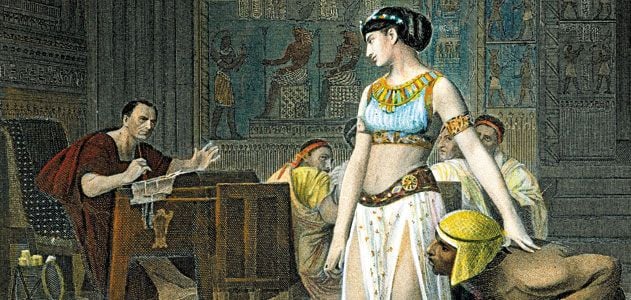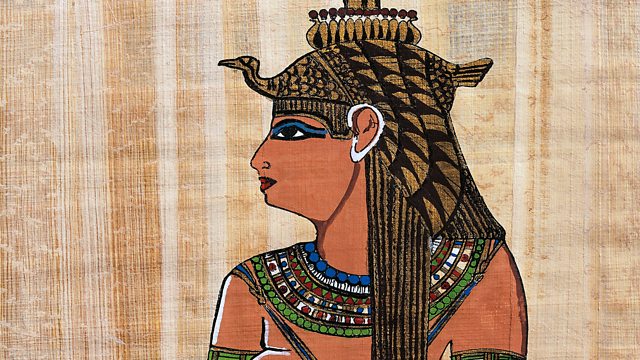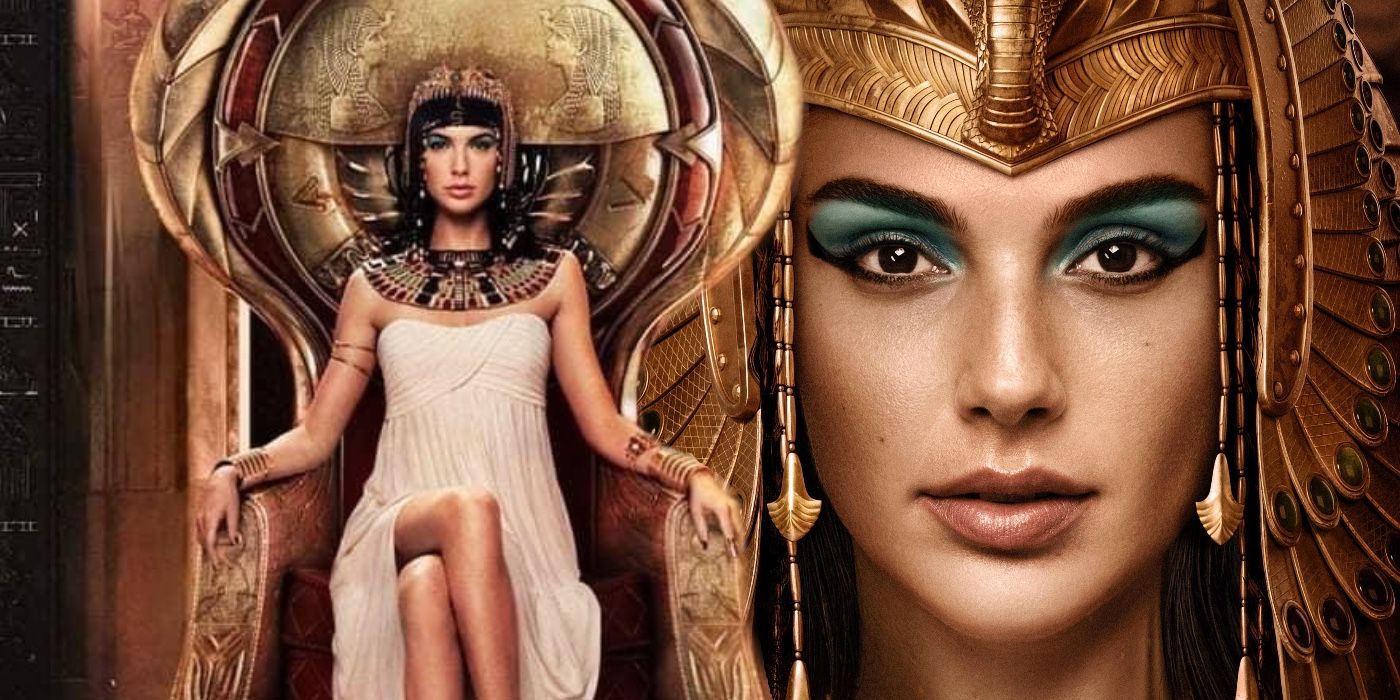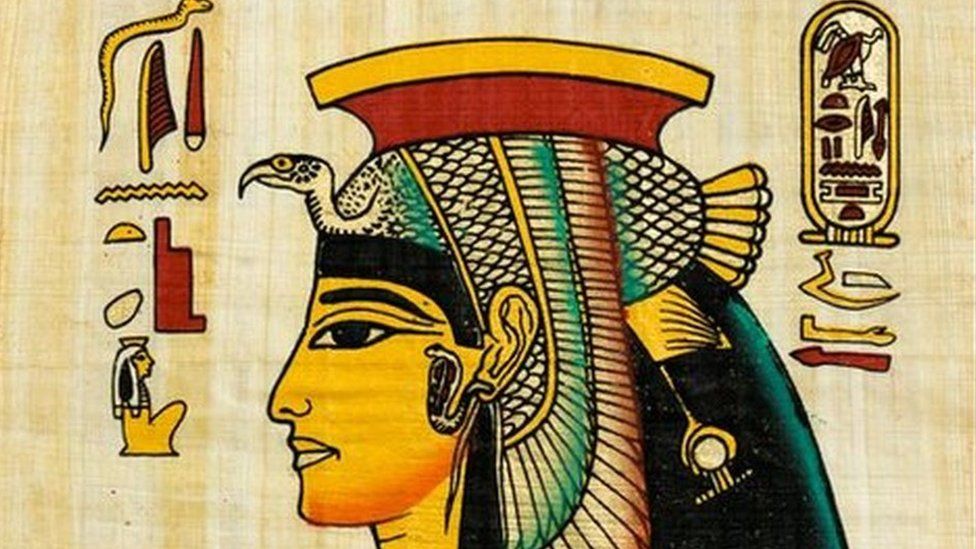Cleopatra: The Last Pharaoh of Egypt and Her Enduring Legacy
Introduction:
Cleopatra VII, the last active ruler of the Ptolemaic Kingdom of Egypt, remains one of history's most enigmatic and captivating figures. Her reign, marked by political intrigue, strategic alliances, and a legendary romance with Julius Caesar and Mark Antony, has captured the imagination of scholars, artists, and storytellers for centuries. In this essay, we delve into the life, achievements, and enduring legacy of Cleopatra, exploring her impact on ancient Egypt and her role in shaping the course of history.
Early Life and Rise to Power:
Cleopatra was born in 69 BCE in Alexandria, Egypt, into the Ptolemaic dynasty, a Greek Macedonian royal family that ruled Egypt after the death of Alexander the Great. As a member of this illustrious lineage, Cleopatra received a classical education in languages, philosophy, and diplomacy. However, her upbringing was overshadowed by political turmoil, as the Ptolemaic Kingdom faced threats from within and without.
Cleopatra's ascent to power was marked by cunning political maneuvering and calculated alliances. After the death of her father, Ptolemy XII, in 51 BCE, Cleopatra ascended to the throne alongside her younger brother, Ptolemy XIII. However, their co-rule quickly devolved into conflict, leading Cleopatra to seek refuge in exile. Determined to reclaim her birthright, she forged alliances with powerful figures in Rome, including Julius Caesar, whose support proved instrumental in her quest for power.
The Reign of Cleopatra:
Cleopatra's reign as queen of Egypt was characterized by stability, prosperity, and cultural revival. She proved herself to be a shrewd and capable ruler, adept at navigating the complex political landscape of the Mediterranean world. Cleopatra's policies aimed to strengthen Egypt's economy, expand its influence, and promote cultural exchange with the Greco-Roman world.
One of Cleopatra's most notable achievements was her mastery of diplomacy and her ability to form strategic alliances with Rome's most influential leaders. Her legendary romance with Julius Caesar not only secured her position on the throne but also solidified Egypt's ties with the powerful Roman Republic. Cleopatra's intelligence, charm, and political acumen endeared her to Caesar, leading him to support her claim to the throne and fathering her son, Ptolemy XV (commonly known as Caesarion). Following Caesar's assassination in 44 BCE, Cleopatra aligned herself with Mark Antony, one of Caesar's most trusted generals and political allies. Their relationship blossomed into a passionate affair, resulting in the birth of twins, Alexander Helios and Cleopatra Selene. Cleopatra's alliance with Antony allowed her to maintain Egypt's independence while expanding its territory into neighboring regions.
Following Caesar's assassination in 44 BCE, Cleopatra aligned herself with Mark Antony, one of Caesar's most trusted generals and political allies. Their relationship blossomed into a passionate affair, resulting in the birth of twins, Alexander Helios and Cleopatra Selene. Cleopatra's alliance with Antony allowed her to maintain Egypt's independence while expanding its territory into neighboring regions.
The End of an Era:
Despite her best efforts, Cleopatra's fortunes took a dramatic turn with the rise of Octavian (later known as Augustus) as the sole ruler of Rome. Antony's defeat at the Battle of Actium in 31 BCE marked the beginning of the end for Cleopatra's reign. Faced with the prospect of capture and humiliation at the hands of Octavian, Cleopatra chose to take her own life rather than submit to Roman rule.
Cleopatra's death in 30 BCE marked the end of the Ptolemaic dynasty and the beginning of Egypt's incorporation into the Roman Empire. Yet, her legacy endured long after her passing, shaping the course of history and inspiring countless works of art, literature, and drama. The enduring fascination with Cleopatra reflects her status as a symbol of power, beauty, and defiance against overwhelming odds.
Legacy and Cultural Impact:
Cleopatra's legacy transcends the boundaries of time and space, leaving an indelible mark on popular culture and the collective imagination. From Shakespeare's tragic portrayal of her doomed romance with Antony to Elizabeth Taylor's iconic portrayal in the 1963 film, Cleopatra continues to captivate audiences with her allure and mystique.
Moreover, Cleopatra's reign represents a pivotal moment in the history of Egypt and the wider Mediterranean world. Her efforts to preserve Egypt's independence and promote cultural exchange laid the groundwork for the vibrant cosmopolitanism that characterized Alexandria during her reign. Cleopatra's patronage of the arts, sciences, and philosophy contributed to the flourishing of intellectual and cultural life in ancient Egypt, leaving a lasting legacy that endures to this day.
Cleopatra's life and reign exemplify the complexities of power, ambition, and love in the ancient world. As the last ruler of Egypt's Ptolemaic dynasty, she navigated treacherous political waters with grace and resilience, leaving an indelible mark on history. Cleopatra's legacy continues to inspire awe and fascination, serving as a reminder of the enduring power of one woman to shape the course of history. Beyond her political accomplishments, Cleopatra's legacy extends to her impact on gender roles and perceptions of women in power. In a society dominated by patriarchal norms, Cleopatra defied traditional gender roles and wielded authority with intelligence and charisma. Her ability to command the respect and loyalty of powerful men like Julius Caesar and Mark Antony challenged prevailing notions of female inferiority and demonstrated the potential for women to exercise influence on the world stage.
Beyond her political accomplishments, Cleopatra's legacy extends to her impact on gender roles and perceptions of women in power. In a society dominated by patriarchal norms, Cleopatra defied traditional gender roles and wielded authority with intelligence and charisma. Her ability to command the respect and loyalty of powerful men like Julius Caesar and Mark Antony challenged prevailing notions of female inferiority and demonstrated the potential for women to exercise influence on the world stage.
Cleopatra's image as a femme fatale, perpetuated by ancient historians and later popularized in literature and film, has contributed to her enduring mystique. Yet, recent scholarship seeks to reevaluate Cleopatra's portrayal and highlight her political astuteness and diplomatic prowess. By reclaiming Cleopatra's narrative from centuries of mythmaking and sensationalism, historians aim to recognize her as a multifaceted ruler whose intelligence and leadership skills left a lasting impact on the ancient world.
Furthermore, Cleopatra's reign left a tangible legacy in the form of architectural achievements, cultural innovations, and advancements in science and literature. During her rule, Alexandria served as a vibrant center of learning and scholarship, attracting intellectuals and artists from across the Mediterranean. Cleopatra's patronage of the Library of Alexandria, the Museion, and other cultural institutions fostered an environment of intellectual exchange and creativity that endured long after her death.
In the centuries following Cleopatra's demise, her legend only grew in stature, fueled by the imagination of poets, playwrights, and artists. From William Shakespeare's tragedy "Antony and Cleopatra" to the lavish Hollywood productions starring screen icons like Elizabeth Taylor, Cleopatra's story has been reimagined and reinterpreted countless times. Yet, beneath the layers of myth and romanticism lies the enduring legacy of a remarkable woman who defied convention and left an indelible mark on history. In conclusion, Cleopatra's life and reign stand as a testament to the enduring power of charisma, intelligence, and resilience in the face of adversity. As the last pharaoh of Egypt, she navigated the treacherous waters of politics and diplomacy with grace and determination, leaving an indelible mark on the ancient world. Despite centuries of mythmaking and sensationalism, Cleopatra's legacy endures as a symbol of female empowerment, cultural innovation, and the timeless allure of Egypt's legendary queen.
In conclusion, Cleopatra's life and reign stand as a testament to the enduring power of charisma, intelligence, and resilience in the face of adversity. As the last pharaoh of Egypt, she navigated the treacherous waters of politics and diplomacy with grace and determination, leaving an indelible mark on the ancient world. Despite centuries of mythmaking and sensationalism, Cleopatra's legacy endures as a symbol of female empowerment, cultural innovation, and the timeless allure of Egypt's legendary queen.











































